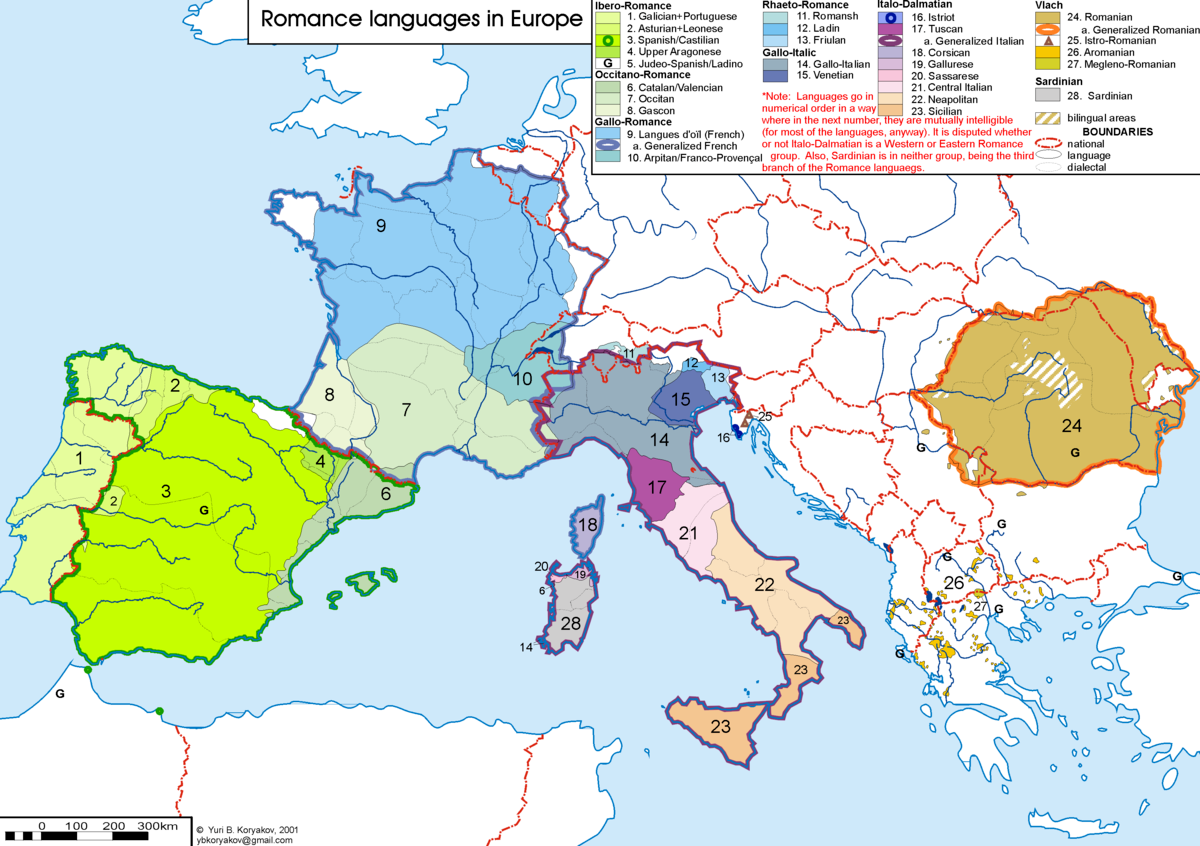even in core vocabulary ...Romanian so often seems to be based on different Latin roots than its sister languages
I think one can argue not only against a too strict meaning of that, but against its basic meaning: that is simply not true about the core vocabulary.
As said in comment ambulāre gave "a umbla"=to move, walk, ”umblător”=moving, "umblet"=walk, way of walking. And that was more popular until recently than "a merge".
The only example given is wrong.
The majority of the most important Romanian Latin words are common at least to Italian, like the words for main parts of the body (mind, eye, forehead, bone, finger, hand, nail, flesh, tongue, blood, hair, nose, skin), essential objects, elements and actions (water, air, sky, cloud, rain, snow, wind, sun, stars, mountain, river, fountain, year, day, the year seasons, wood, iron, wine, house, window, door, to be, come, put, give, die/death, live/life, be born, laugh, weep, eat, drink, wait, marry, wear, hold, cut, bind), family members, etc.
The striking exceptions come only in the context of this large common background. When Romanian shows words of "original" Latin roots this happens on this background and the phenomenon loses the exceptionalism suggested in the question, given all other Neolatin languages have their specific traits in this regard.
The differences when they exist are easy to explain by geographical and historical reasons which mostly amount, as said in other answers and in my initial answer below, to geographical isolation.
It is always useful to remember the map:
But many words based on a different root than in the other Neolatin languages have not eliminated the roots used by these other languages. I can only give a few examples:
the already mentioned a merge for ”to walk” has not eliminated umbla from ambulare
anima has given in Romanian inimă (heart) instead of ”soul” (which is suflet, still from Latin),
”head” (cap) comes from the very classical caput instead of the more vulgar testa, which gave ”țeastă” (skull)
mouth (gură) is like the Italian gola (throat) and the French gueule (snout, face, mug), while bucă (the root of which gave ”mouth” in sister languages) means both cheek and buttock
the usual word for ”garlic” is usturoi from Latin ustulare, but in Transilvania it is simply called ai, pronounced like French ail.
picior (foot) comes exotically from petiolus, the diminutive of pēs, but the root remained as such in the special forms piez (archaism for foot), în piezi buni (literally like in English: ”on the right foot”) and în piezi răi (”on the wrong foot”), then pieziș (twisted, not straight, uncertain), piază rea (bad omen, unlucky).
The same phenomenon can be documented between Italian and French, between French and the rest, between Spanish and the rest, etc. I think that, while getting to the margins of the core vocabulary more uniquely-rooted words may be found in Romanian, and more than in other Neolatin languages, it would not be too difficult to find such words in each of these languages.
Only a few completely surprising and exotic forms really amount to a sort of exceptionalism and reflect more than others the high degree of isolation of Romanian language and of its speakers from the main body of Latin and Neolatin speaking Europe, but they are not the same notions/meanings connected to other Latin roots (than the rest of the Neolatin languages), as much as the same words with a different meaning reflecting the absence of the initial object of reference. The words in this case stayed the same, but they changed their meaning as their object disappeared or transformed, within a process that can be described as ”radical ruralization” - in order to avoid the outdated "complete barbarization":
mormânt comes from monumentum, but it only means ”grave”, ”tomb” (without any idea of a mortuary monument)
pământ (earth, land) comes from the urban term pavimentum, the meaning of which has mutated in the absence of any urban structures
in the same logic, cărare (small, thin ”path” through field or forest) comes from via carraria (a path for carts, carriages); the root was fertile in all Neolatin languages, and it seems that in some it was humbled like in Romanian
cetate comes from from Latin civītās, civītātem but it only means stronghold, fortress - not "city", of which there weren't any!
the word for ”groom” (mire) might come from miles, ”soldier” - as said in Boerescu - *Etimologii românești..., page 436:
The often contested Latin etymology of Romanian mire ‘(young) man about to get married, bridegroom’: from Latin miles ‘soldier’, (later) also ‘officer in guard’ could be explained by historical data resulting from the Roman Diplomata Militaria, found in Dacia Traiana, the ex-Roman province on the territory of Romania. The legal marriage (iustum matrimonium) of the Roman soldiers in Dacia was allowed by Emperor’s decree, granting them civitas and connubium after their discharge from the army (Latin: honesta missio), by which the new Roman citizen was accepted into the community as a legally married man and pater familias. Before the wedding, the man was only a miles → mire ‘soldier’, later ‘bridegroom’, while the woman was *milissa – mireasă (promised) ‘wife’ → ‘bride’ (with the Greek suffix -íssa). There is a perfect parallel between Latin miles ‘soldier’ > Romanian mire ‘young man/ bridegroom’ and Latin veteranus ‘veteran (ex-soldier)’ > Romanian bătrân ‘old man’.
(in more detail, In Romanian, page 129 onwards)
Local languages of Western Romance with more similarities with the Romanian context (isolated, rural) prove a reach pool of words common with Romanian, to the point that a lot of Romanian words considered to belong to pre-Roman substrate are found in Neolatin idioms like the Provensal, Romansh, and dialects of different Italian and Spanish regions. The same argument can be easily extended: some Latin roots present in Romanian but absent in the other four main Neolatin languages can be found in regional languages and dialects of Western Romance.
